Today one of the major concerns is that AI is influencing industries by replacing manpower with technology leading to a rise in layoffs. The World Economic Forum’s (WEF) Future of Jobs Report 2023 predicts automation of 42% of business tasks by 2027. Around 75% of surveyed organizations may adopt AI in workplaces leading to high churn. Consequently, 50% of organizations foresee job growth, while 25% expect AI adoption to create job losses.
All this will require people to learn new skills and adapt to the dynamic work environment. Businesses would need to rethink hiring strategies including the most experienced staffing agency in Pittsburgh as these agencies play a key role in helping organizations hire the best talent.
AI Transforming the Job Market
Studies show that the emerging trend of AI across the globe will generate new jobs in every sector. While this is one aspect, AI is reshaping industries by streamlining operations and boosting employee productivity. However, it is only possible through planning, investment, and action.
With the widespread adoption of AI, people can expect a drastic shift in the job market. The industrial sector might be under the greatest influence; however, other sectors cannot skip the shift. People will have to engage in professional development programs to survive the approaching revolution. Businesses are planning layoffs as a strategy to redirect their investment towards AI developments. Hence, it might be the main reason for increased redundancy in the tech sector. However, other reasons may include economic recession, rising inflation rates, declining stock prices, and compromised sales.
AI in workplaces is most likely to replace jobs related to sales, computer programming, driving, data analysis, financial trading, travel advisory, graphic designing, content writing, operations, and legal in 2025. As a result, people with AI skills and expertise will have better job security.
AI Revolutionizing Workplaces
AI in workplaces and automation tools have played a key role in modernizing workplaces and enhancing worker productivity. The innovation helps manage repetitive tasks with high accuracy and speed. Now, managing huge amounts of data and handling monotonous tasks can be done more efficiently. It is not only an achievement for organizations but also an opportunity for employees who can better focus on strategic tasks and have a more defined role in the company’s success. Facts show that 80% of the workforce using AI tools reported enhanced productivity and improved capabilities. Here is how AI-skilled employees are reshaping modern work environments:
Future-Savvy Approach
With AI replacing monotonous tasks, organizations can adopt a future-savvy approach by redirecting workers to focus on strategic initiatives, market competition and future challenges. This revolution will positively impact employee’s job satisfaction levels and encourage a culture of innovation and continual improvement.
Enhanced Creativity
AI adoption frees employees from monotonous tasks, redirecting their energies to being creative. They can now play a better role in an organization’s strategic planning, innovative approaches and suggest novel ideas.
Professional Development
AI is playing a key role in workers’ professional development. Organizations use AI-powered platforms to gain insights into employee performance and recommend new skills that will help them thrive in their career in an ever-evolving business landscape.
The Real Picture
It is an undeniable fact that since the launch of AI, it has replaced many jobs and will continue to do so. Employees in every sector can expect a gradual shift, however, manufacturing, agriculture, industrial, and tech sectors will be majorly impacted. To delve deeper, industry leaders are not much bothered about the rise of AI-powered work environments. They know that the pace of transformation will be manageable, and it is only the media hype that is creating the panic. The great news is that the shift will create new job roles and increase employment rates across the world.
Currently, the focus should be to devise a strategy on how to adapt to the change. Top management can keep track of the new AI developments in their industry and plan accordingly. The priority should be developing new training programs and improving AI algorithms. Moreover, machine learning engineers need to analyze and refine AI systems, while AI ethics experts should focus on safe deployments. The mutual efforts will facilitate a smooth transition and minimal damage.
Another important step to facilitate the change will be to diversify education and new development opportunities. It will help manage talent shortage challenges and attract and retain competent people. Industry leaders and experts can identify talented fresh graduates from various fields and train them. It will enhance the workforce’s competency and facilitate employment market transformation.
Takeaway
The demand for AI-related job roles majorly outweighs the supply. Hence, it is increasing the need for AI-skilled candidates in the job market. Tech, media, and digital industries will be drastically impacted by the new developments and must take immediate action. AI is also influencing finance and mortgage businesses by automating processes. Organizations globally can seek help from reputable staffing agencies, while mortgage businesses can hire specialized mortgage staffing agencies to navigate them through the rising challenges of the labor market.



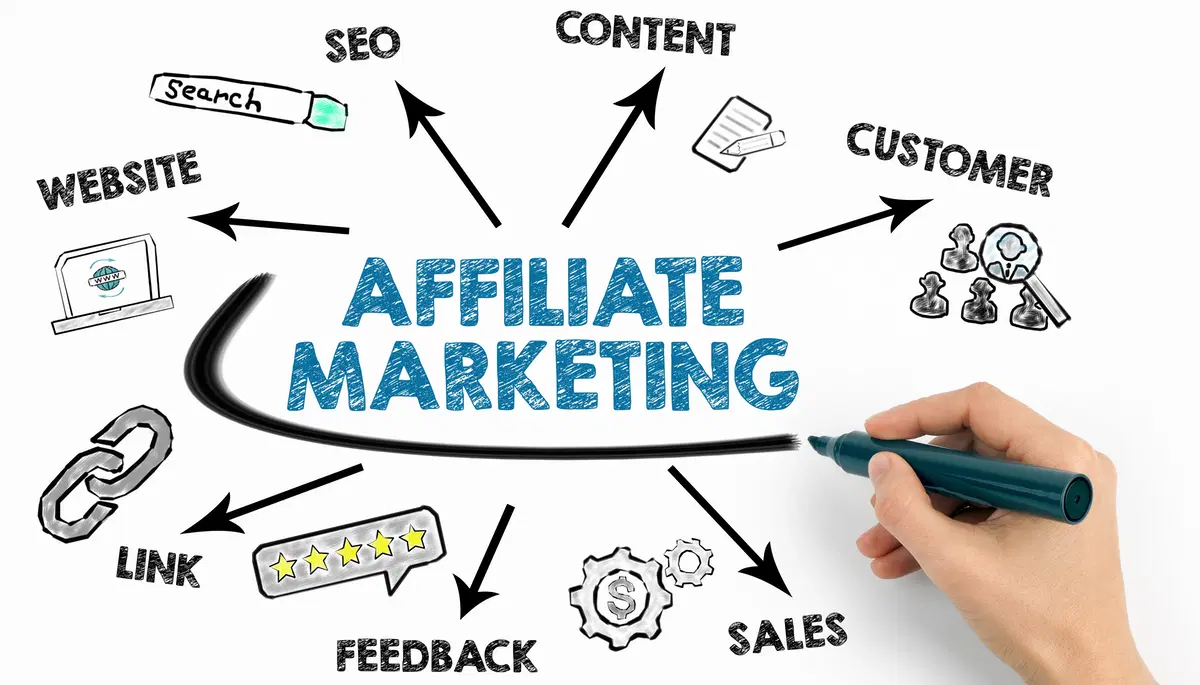
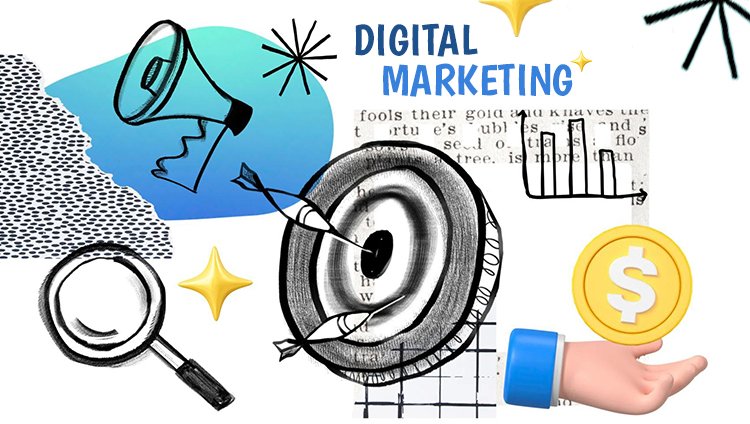

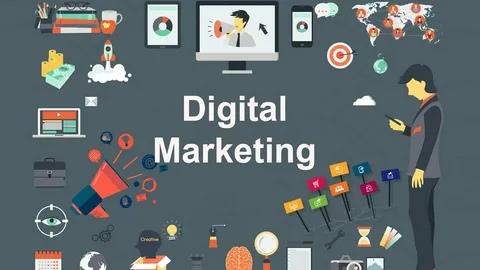
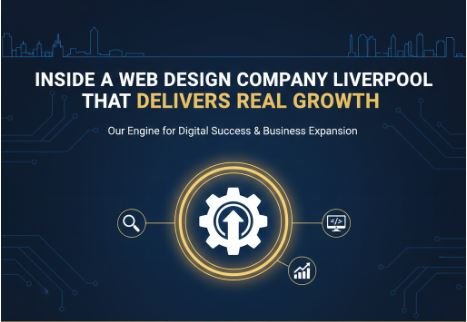

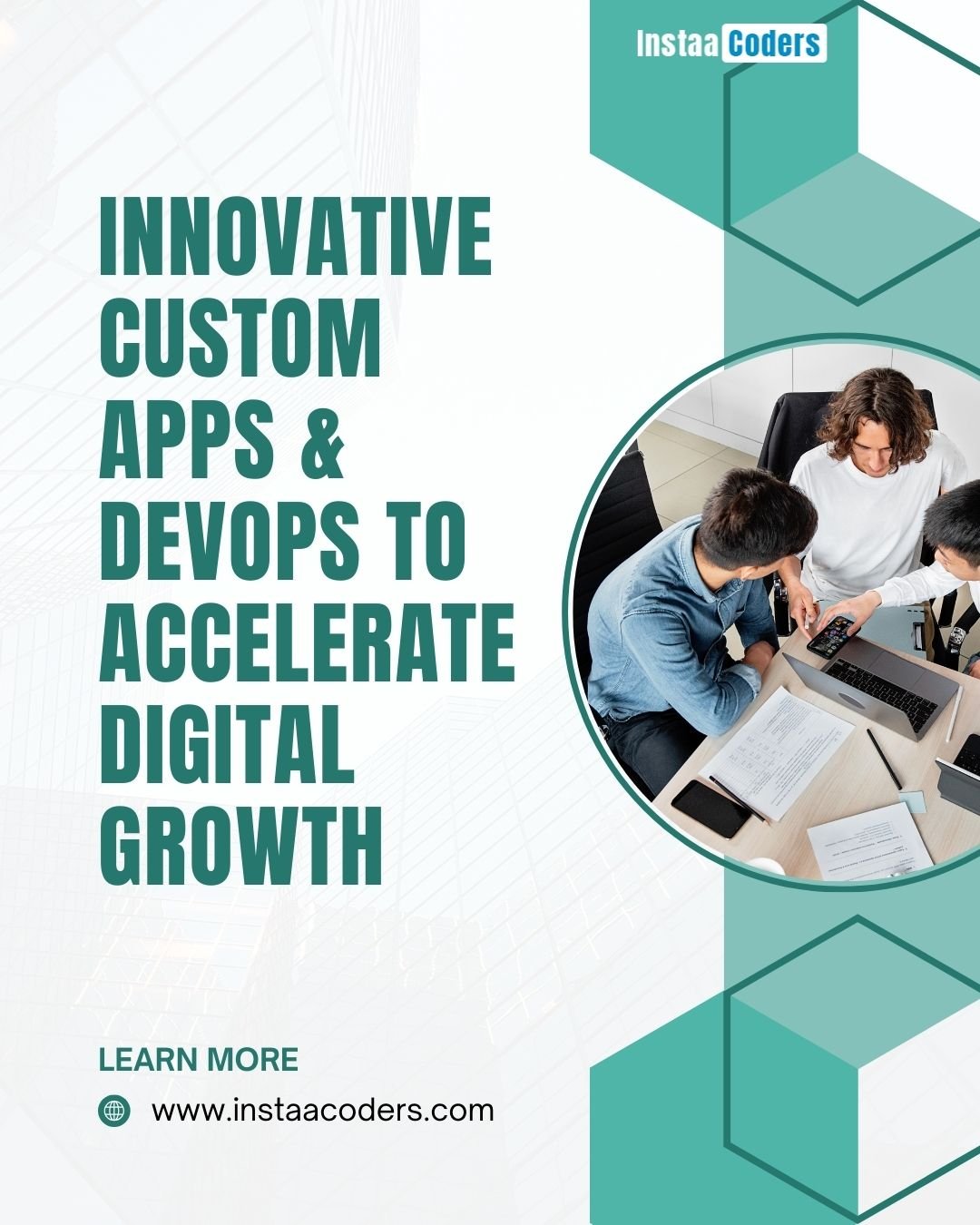






Leave a Reply